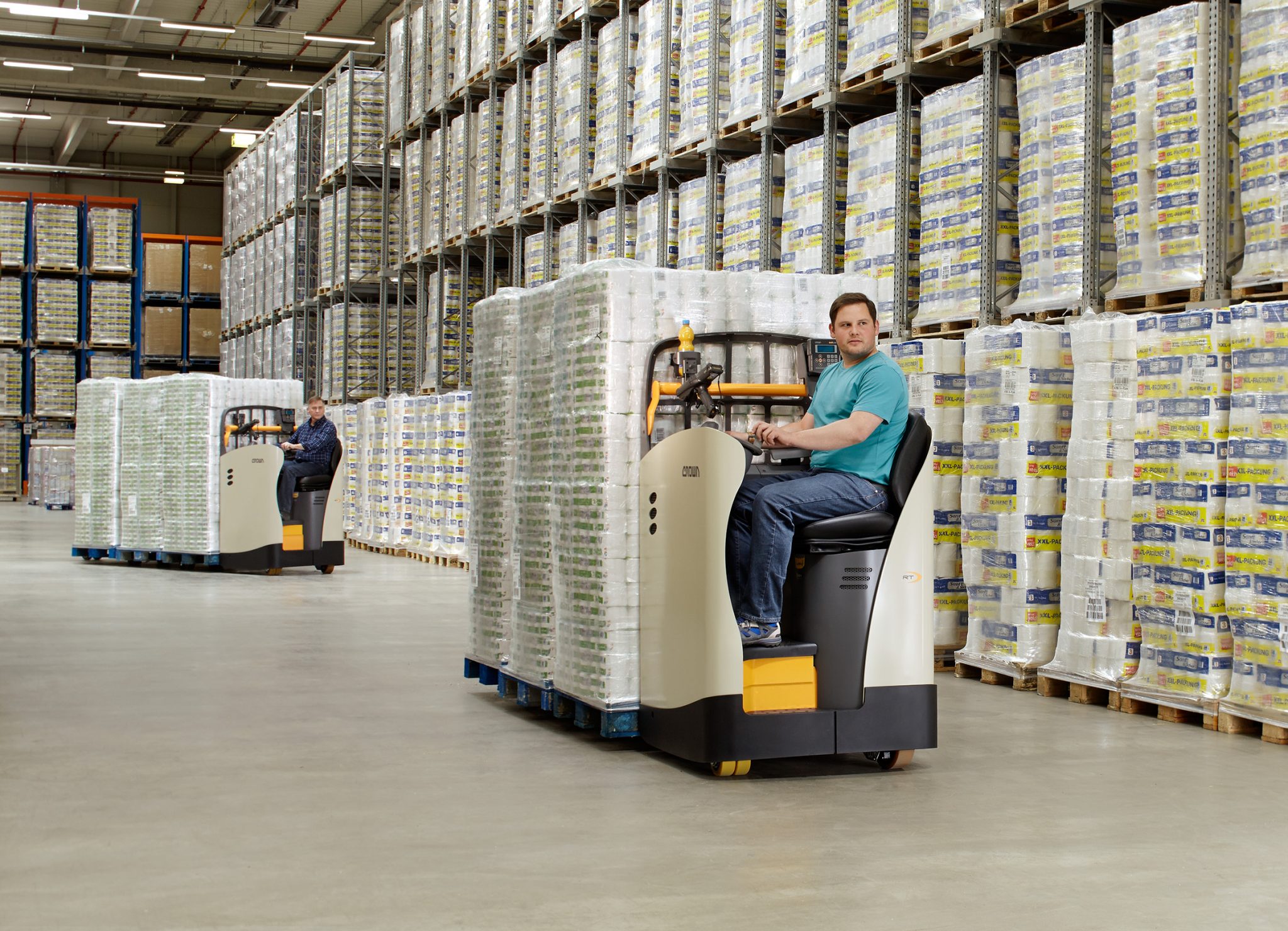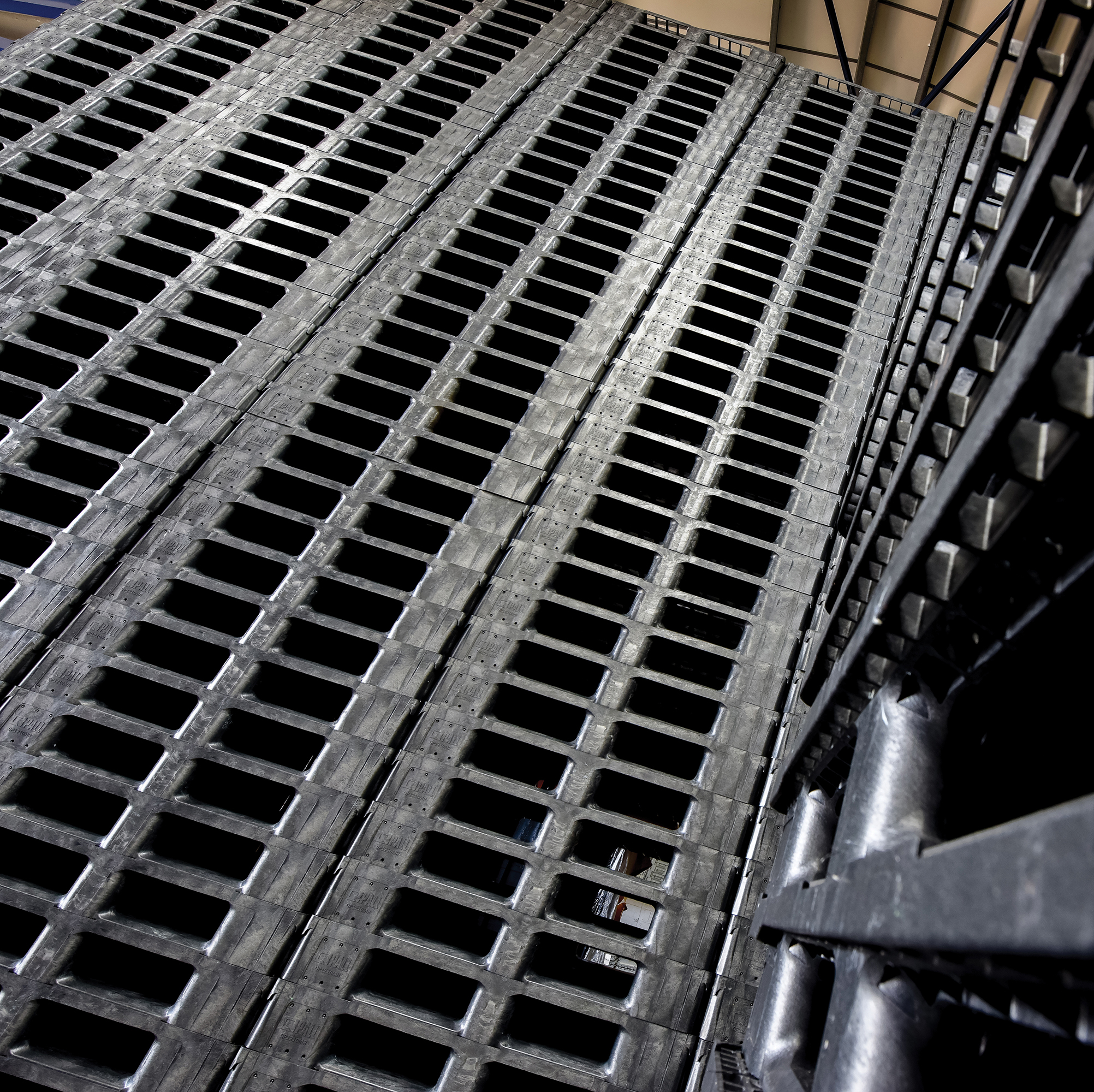By Tony Dobson, SnapFulfil MD for UK & Europe
Bricks-and-mortar retail outlets have been decimated during lockdown and the ensuing chaos has travelled swiftly up the supply chain – especially with the many challenges of bulk-shipped goods entering a distribution network for further dispersal to individual locations.
Little wonder then that, rather than persisting with the costly and fragmented distribution of vast pallet quantities to various physical sites, there’s been a rapid and accelerated transition to e-commerce purchasing and delivery to homes.
However, large distribution centres, organised and equipped for bulk ‘pallet in, pallet out’ operations are seeing a new problem emerge: how to support smaller, incremental orders in the thousands with the same technology that supports large bulk orders in the dozens or scores daily.
With many warehouses traditionally B2B and optimised for the wholesale market this transition just isn’t viable, because carriers change (a greater reliance on parcel versus LTL/FTL), order profiles change, order volume increases and, consequently, so does the actual process of working efficiently to satisfy demand.
Simply trying to pick small orders in the same way as previously picked multiple-pallet orders will quickly prove inefficient, because without changes to process that take account of the lower order size, the cost of picking will be disproportionate to the order value.
It’s at this stage that the features and capabilities of traditional, on premise WMS systems are revealed to be lacking and not even configurable, because they don’t lend themselves to a quick, responsive set of changes easily delivered to multiple distribution centres. They come with the most recent version or release at the time of installation, but frequently require significant time and investment to modify that version in the face of new challenges.
Advanced, cloud based WMS like SnapFulfil, which is B2C engineered, are swiftly and efficiently implemented – even remotely –with application design based on flexibility and functionality (not customisation) one of the strongest options. Just as important when change is needed immediately, a centrally and cloud hosted application allows for quick tweaks and updates to configuration.
It can also offer feature parity with both LTL/FTL orders and having been specifically designed to satisfy e-commerce order fulfilment as a core competency, can quickly allow businesses to pivot and take advantage of changes in customer purchasing methods.
More nimble, configuration-based applications don’t restrict creative solutions either and support change management by allowing the flow of data and order of operations within the application to be modified accordingly – empowering management to easily store, organise, deliver and track the accomplishment of work throughout a facility.
What’s more, the increasingly transactional nature of modern warehouse management requires on-demand scalability and reliable performance – and a more resource-based pricing structure enables SnapFulfil to expand in line with customer needs, without having to over invest in cloud capacity that could remain unused.
So, the financial and brand benefits of the B2C and D2C models can be substantial (especially post lockdown) yet it will likely require a dramatic retooling of operational expertise and efficiencies – from customer service and experience to optimised returns management, direct merchandising and delivery, plus of course, warehousing and logistics.
Control via a fully integrated and advanced WMS is crucial, because the cost of such systems can be high and fit-for-purpose software needs to bring it all together. The return on investment is fantastic in terms of staff and space saving, but getting it wrong can be an expensive mistake. It must be able to react accordingly to customer and business change – and that has never been more important.








